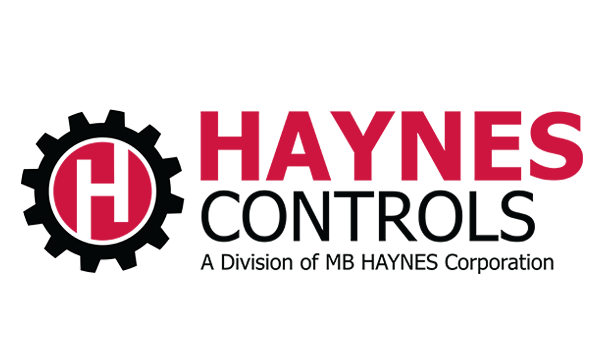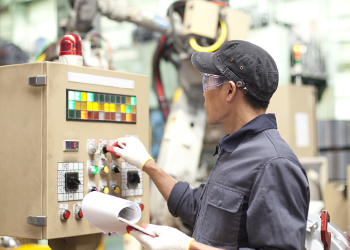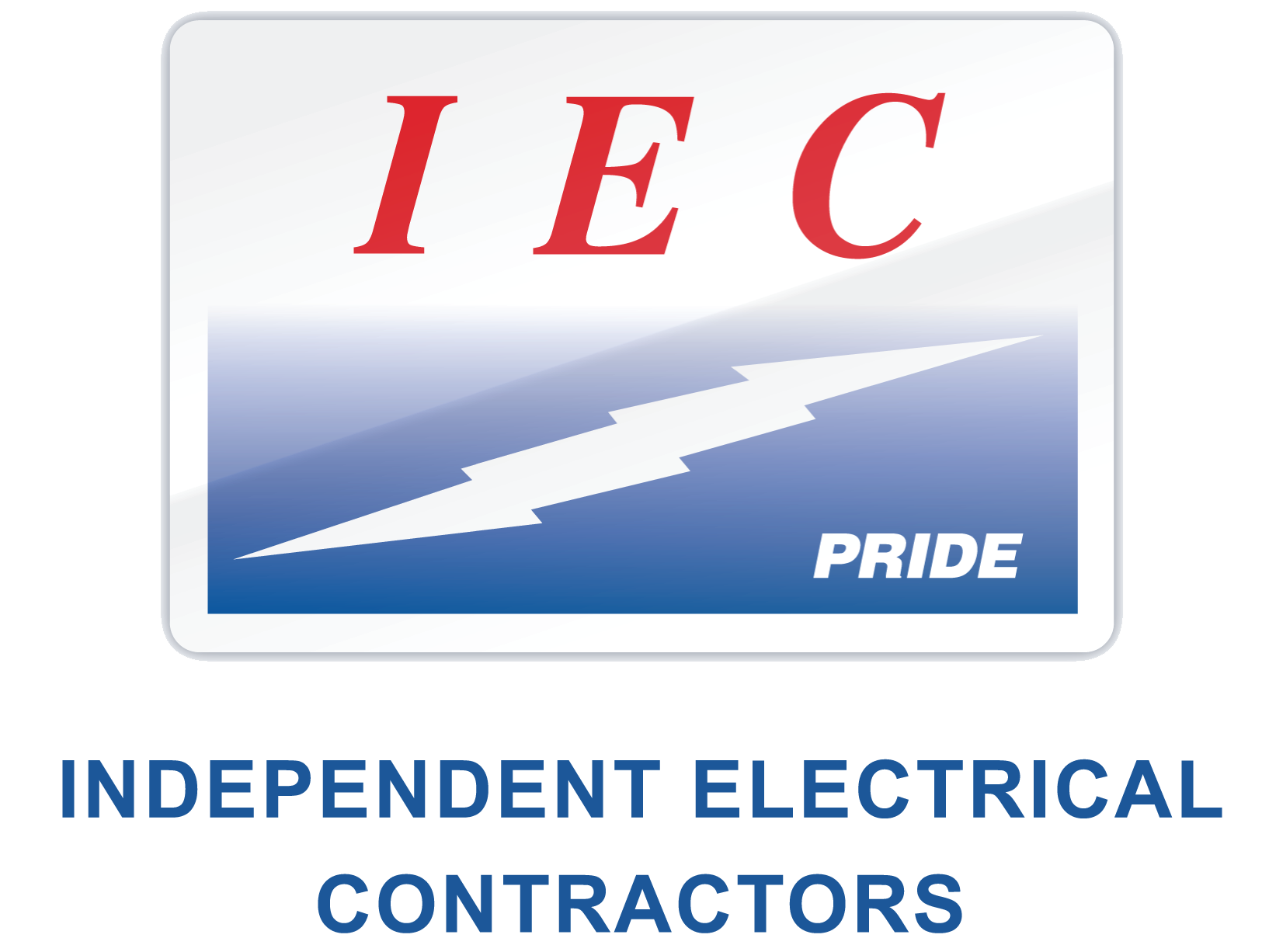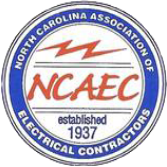
Manufacturing
 Electrical control panels play a crucial role in the manufacturing industry by serving as centralized hubs for managing and controlling various electrical systems and equipment. These panels are essential components that contribute to the efficiency, safety, and automation of manufacturing processes. As a UL 508A panel shop, control systems integrator, and automation panel builder, MB HAYNES provides solutions that meet the highest industry standards for performance and reliability.
Electrical control panels play a crucial role in the manufacturing industry by serving as centralized hubs for managing and controlling various electrical systems and equipment. These panels are essential components that contribute to the efficiency, safety, and automation of manufacturing processes. As a UL 508A panel shop, control systems integrator, and automation panel builder, MB HAYNES provides solutions that meet the highest industry standards for performance and reliability.
Automation and Process Control:
Electrical control panels are at the heart of process automation in manufacturing. They house programmable logic controllers (PLCs) and other control devices that enable seamless integration of machinery and equipment. With capabilities in PLC programming and integration, MB HAYNES ensures automation systems deliver precision, reduce manual intervention, and maintain consistent product quality.
Equipment Coordination:
Manufacturing facilities often utilize a wide range of machinery that must operate in unison. As a trusted panel builder and motor control panel builder, MB HAYNES designs and assembles panels that coordinate these systems efficiently. Centralized monitoring and control allow for synchronized operations across production lines, optimizing throughput and reducing downtime.
Safety and Emergency Shutdown:
Safety is a cornerstone of every control system. Our panels incorporate fault detection, alarms, and emergency shutdown features that protect both personnel and equipment. These critical safeguards ensure rapid response to malfunctions or hazardous conditions, helping maintain a secure work environment.
Energy Management:
Through advanced monitoring and automation, electrical control panels support energy management strategies. Integrated systems can track and regulate power consumption, reducing operational costs while contributing to environmental sustainability goals.
Customization and Adaptability:
Each manufacturing process is unique. As experts in custom electrical enclosures, MB HAYNES provides flexible designs that can be easily reprogrammed or reconfigured for new production needs. This adaptability minimizes downtime and keeps operations aligned with changing manufacturing demands.
Remote Monitoring and Maintenance:
Modern control systems often integrate HMI panel design and SCADA integration, allowing for real-time data visualization, remote monitoring, and diagnostics. This capability supports predictive maintenance—enabling engineers to identify potential issues before they escalate and ensuring continuous operation.
Compliance and Standards:
All MB HAYNES panels are built in our UL 508A certified panel shop, ensuring compliance with industry and safety standards. Our UL listed panels meet rigorous quality and performance criteria, providing customers with confidence in both reliability and regulatory adherence.
Integration with Human-Machine Interface (HMI):
Human-Machine Interface systems provide operators with intuitive control over complex manufacturing processes. MB HAYNES designs and integrates HMIs that simplify system oversight, making it easier to monitor, adjust, and troubleshoot equipment in real time.
In summary, electrical control panels are indispensable to modern manufacturing. Through expert panel design and assembly, advanced automation, and rigorous compliance, MB HAYNES delivers control solutions that enhance productivity, improve safety, and ensure long-term operational excellence. When it comes to OEM partnerships, MB HAYNES ranks among the best panel builders for OEMs.
Our Industries
- Agricultural Industry
- Automotive Manufacturing
- Chemical Laboratories
- Chemical Processing Industry
- Data Centers
- Educational Institutions
- Entertainment and Broadcasting Industry
- Food and Beverage Processing Industry
- Manufacturing Industry
- Medical Equipment Manufacturing Industry
- Mining and Minerals Processing Industry
- Oil and Gas Industry
- Pharmaceutical Manufacturing Industry
- Pulp and Paper Manufacturing Industry
- Rail Transportation Industry
- Renewable Energy Industry
- Research Laboratories
- Telecommunications Industry
- Textile Industry
- Transportation Industry
- Water and Wastewater Treatment
- Controls Services MAIN PAGE >














